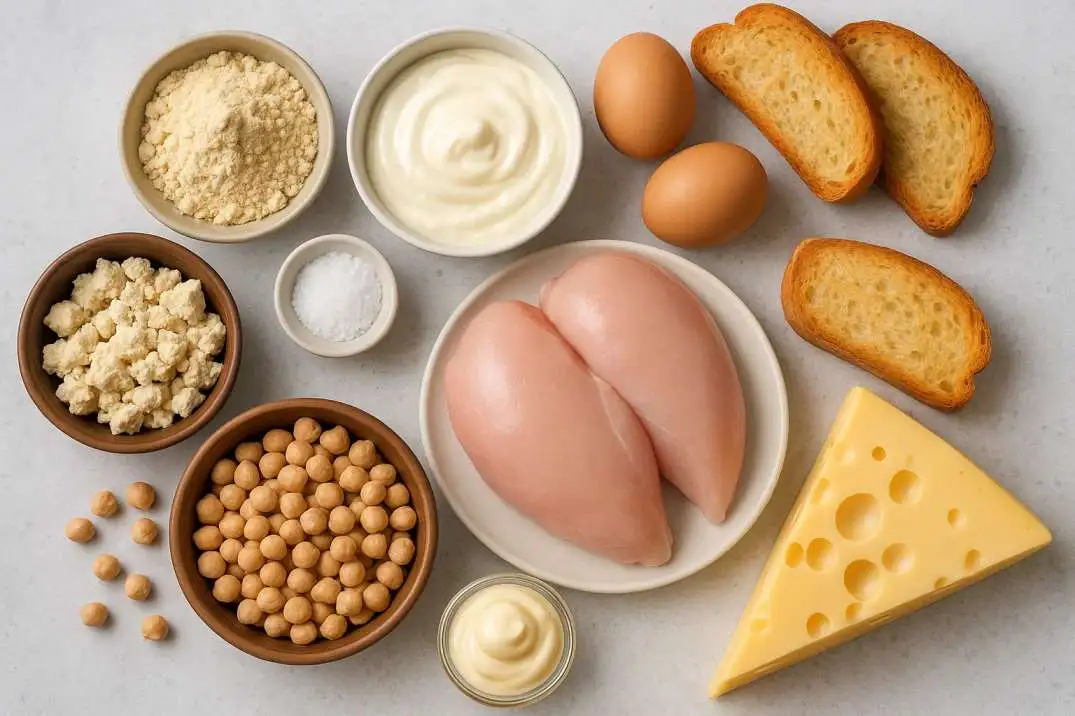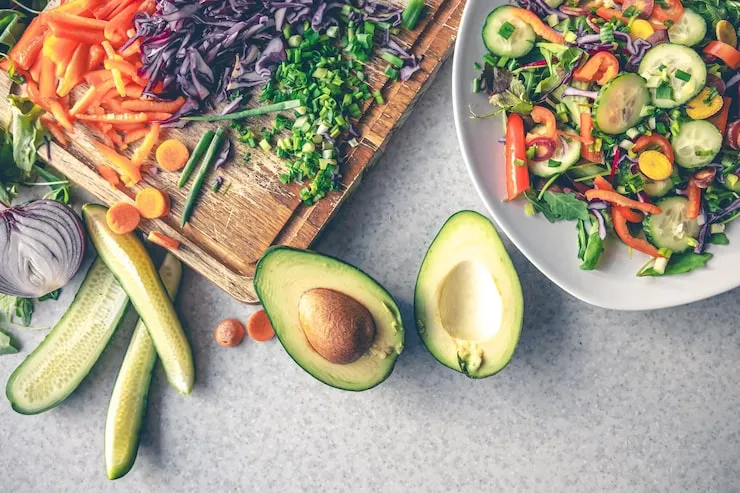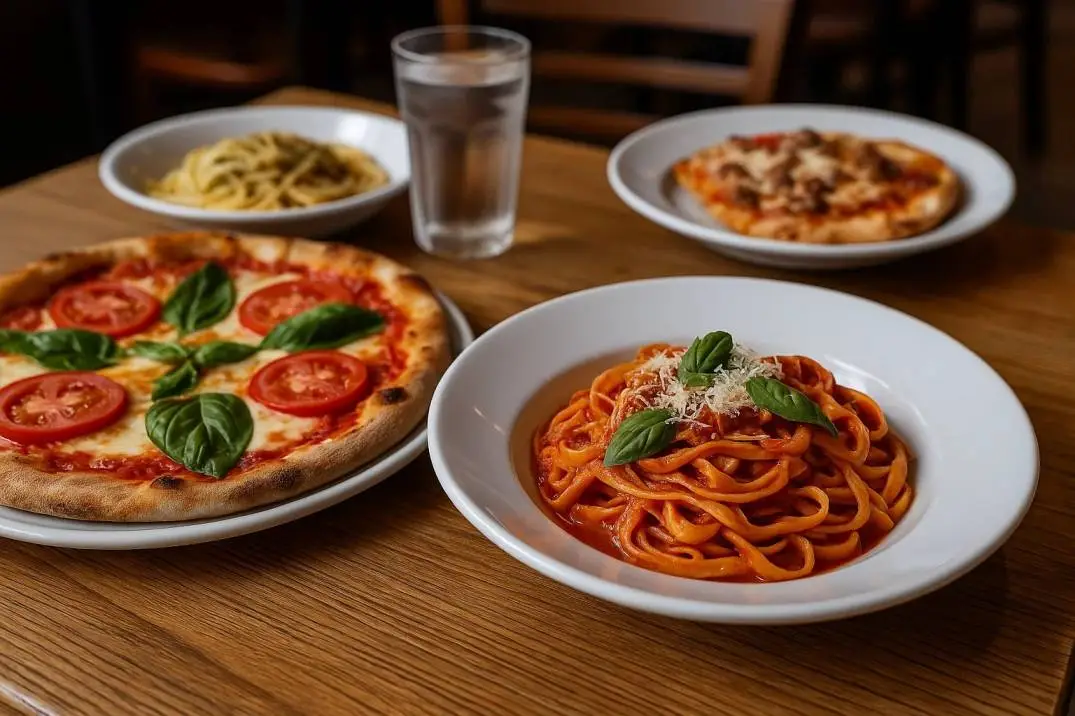The functional roles of proteins in foods. Proteins are structural, nutritional, and physiological providers in food, and they also are very important in human health. This paper will discuss the functional roles of proteins in food, their effect on brain action and memory, the digestive system, and how they play in body functions. It emphasizes the key foods in order to enhance memory and cognitive health.
Proteins in foods also have more than just fundamental nutritional roles and can affect health, brain activity, and general well-being. Not only are proteins essential building blocks of the body, but they also help give food its shape, taste, and texture as well as maintain the food.
They confer organization in the food systems, act as enzymes in metabolic processes, and improve the quality of foods. Meanwhile, proteins have a direct influence on mental performance, memory, and the well-being of the brain.
Proper selection of foods high in protein may help in learning ability, concentration, and cognitive ability in the long term. This article describes the functional properties of protein in food and its contribution to digestion and overall body maintenance. Knowing the way proteins work in the body and in food products, one is able to make a more productive choice in his or her dieting techniques.
The Functional Roles of Proteins in Foods
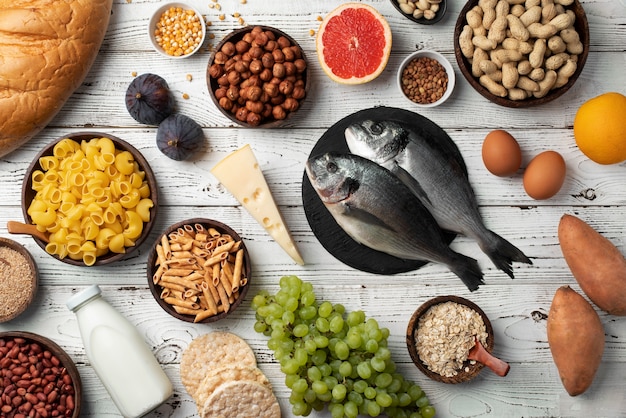
Proteins are basic molecules that occur in almost all forms of food, and they provide structural, metabolic, and regulatory functions. The functional value of proteins in foods can be realized in terms of their effect on food texture, nutritional value, satiety, and physiological activities within the human body. Proteins work in two ways:
Related Article: Which Bread Is Tastiest In the World?
They control the quality of food products in food systems, including dairy, meat, baked foods, and plant foods. They stabilize emulsions, gel, create foams, and add to the sensory attributes of the food.
Proteins act as catalysts of metabolic pathways and transport molecules, and they form enzymes and hormones that control health processes, including the operation of the brain and memory.
Foods for Memory and Brain Function
Nutrition science verifies that some of the foods rich in protein and healthy fats have a direct role in maintaining long-term memory and cognitive functions. These memory and brain foods are distinctly enriched with amino acids antioxidants and omega compounds which reinforce neurological performance.
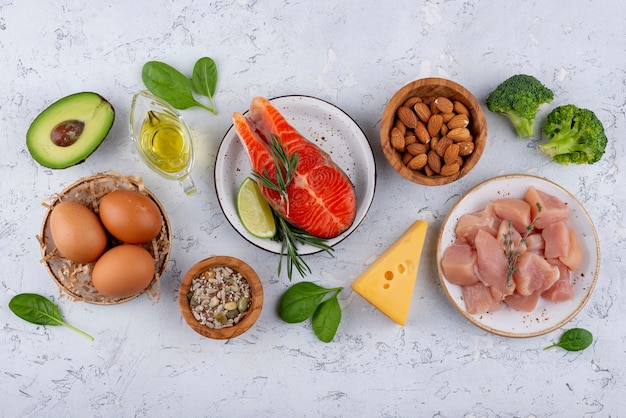
Fish (Salmon, Sardines, Mackerel): Contains a lot of protein and omega-3 fatty acids, which are necessary to signal brain cells to one another and help avoid brain deterioration.
Eggs: Are good sources of high-quality protein and choline, a nutrient that is needed in the production of neurotransmitters associated with memory.
Nuts and Seeds: They are high in plant proteins, vitamin E, and antioxidants and slow down cell aging and improve focus.
Legumes and Beans: Provide the plant protein and essential amino acids that stabilize glucose to power the healthy brain.
Leafy Greens and Broccoli: These have both plant protein and micronutrients, which nourish the neurons and improve cognitive functions.
Read Also: What Fast Food Is Open on Thanksgiving?
Functional Properties of Protein in Food
Functional properties of protein in food are associated with the behavior of proteins during the cooking, processing, and consumption processes. These properties affect the texture, stability and the general nutritional profile of food products. Key properties include:
- Water-holding capacity: Proteins absorb and retain moisture, and affect juiciness in meats and tenderness in baked goods.
- Gelation: Proteins are heat-bound to create gels which are essential in yogurt, custards and plant-based equivalents.
- Emulsification: It is used to stabilize a mixture of oil and water, which is necessary in cream, dressing and sauce.
- Foaming: They add to the foaminess of food such as meringues or whipped toppings.
- Flavor-binding: The flavors are coupled with the protein and either increase or diminish the sensations of taste.
Function of Protein in the Body
Protein plays a role in the body not just in muscle building. Proteins are regulators, catalysts, and structural components in virtually all the cellular processes. They consist of amino acids the most essential nutrients of the body that grow, repair and regulate.
- Structural support: The skin, muscles, hair, and nails are made-up of proteins. The best examples are collagen and keratin.
- Metabolic catalysis: Enzymes are large protein-based molecules that facilitate biochemical reactions that digestion and energy conversion are dependent on.
- Transport and storage: Oxygen is transported by hemoglobin and ferritin stores iron.
- Immune defense: Antibodies derived through the use of proteins defend against infections.
- Hormone regulation: Metabolism and blood sugar are regulated by proteins like insulin.
Neurological support: These neurotransmitters are based on the amino acids that control mood, memory and focus signals in the brain.
What Food is Good for Brain Function?
A diet should be based on foods rich in protein, antioxidants, and unsaturated fats to keep thinking sharp and memory intact. Examples include:
- Protein-rich and omega-3 fatty fish.
- Neuro transmitter-supporting protein-rich eggs.
- Protein-packed lean poultry
- Plant-based protein (beans, lentils and soy).
Walnuts and almonds to improve cognitive endurance.
Food Passageway That Has No Digestive/Absorptive Function
When speaking about digestion, one should mention that the esophagus is the food channel that does not play any digestive/absorptive role.
It performs only the mechanical task of taking the food in the mouth to the stomach through muscular contractions without any changes in nutrient content. Herein lies the fact that it is only certain areas in the gastrointestinal tract that can help in the actual digestion and absorption of protein and other nutrients.
Interconnection: Brain, Body, and Food Proteins
The association between the consumption of proteins and body functionality, on the one hand, with the activities of the brain, on the other hand, is strong and scientifically justified. Neurotransmitters like serotonin, dopamine and acetylcholine are made using amino acids that are found in dietary proteins and they regulate memory, mood and focus. For example:
- Turkey Tryptophan in dairy products serves to help in the production of serotonin, stabilization of mood.
- Legumes and eggs contain tyrosine, which promotes the manufacture of dopamine, which boosts alertness.
- The eggs provide choline that builds acetylcholine which has a direct relationship with memory formation.
Conclusion
The role of proteins in foods has been found to be beneficial across all the areas of human food: in food stability, flavor, and texture and in maintaining the best body and neurological well-being. In addition to the maintenance of the muscular system, the proteins can play the role of carriers, catalysts, structural units, and regulatory molecules, which are bound to the activity of life.
In addition, certain foods contain proteins that enhance sharper memory and improved brain activity, which directly affects productivity, concentration, and the long-term preservation of the brain.
Protein is not only a macronutrient, but it is the foundation of food technology as well as human health. Learning its diverse functions, it is possible to adjust the dietary decisions to add value to physical performance and, at the same time, mental and emotional health.

